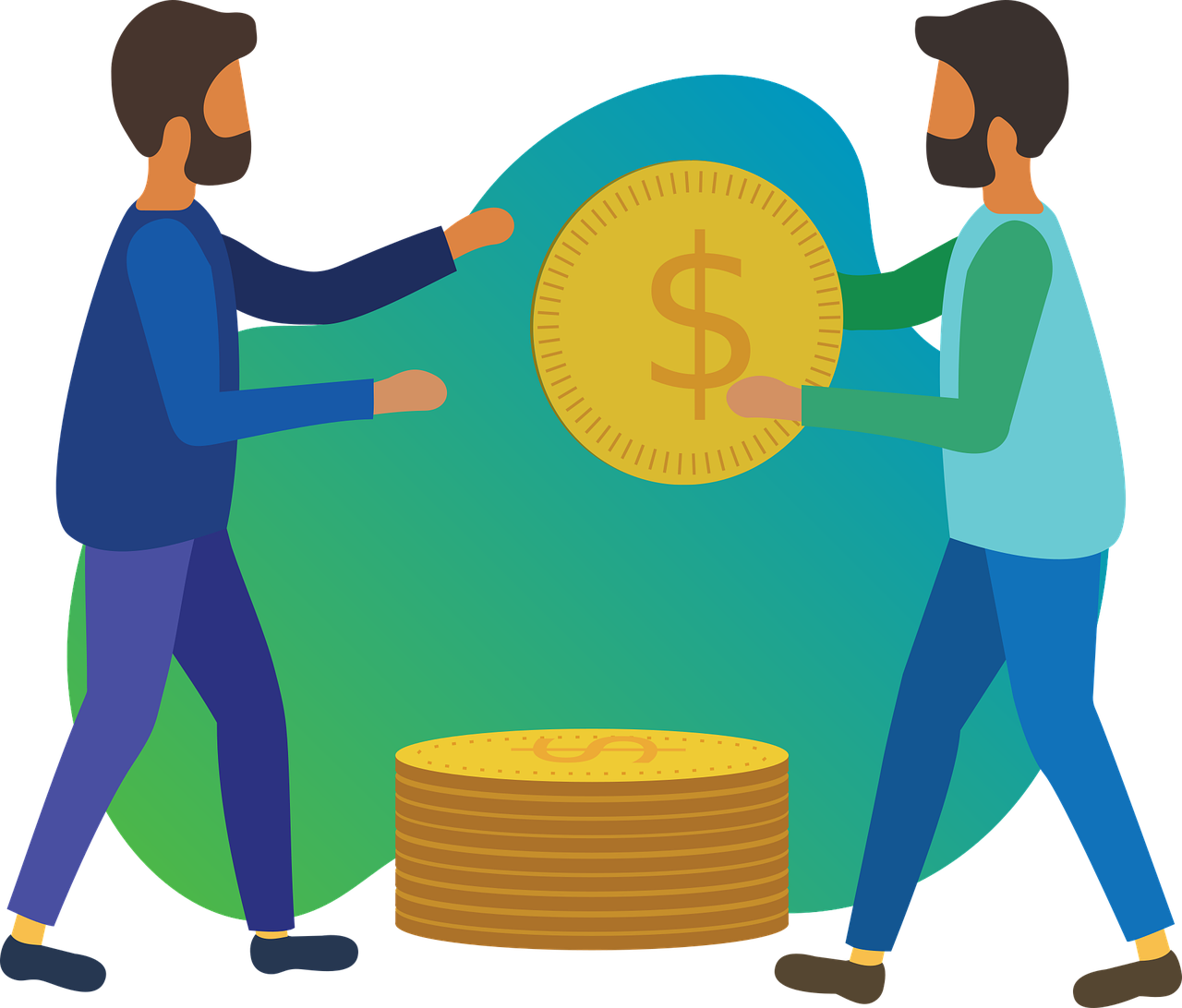When they get to decide how much they pay, consumers tend to be more generous to others than they are to themselves, say researchers at the University of California (UC) Berkeley who carried out a series of experiments comparing “pay it forward” with “pay what you want” pricing schemes.
“Pay it forward” is a pricing scheme where consumers are told that someone has already paid for them. They then have the opportunity to pay for someone else.
People have reported experiencing these random acts of kindness in all sorts of places, including coffee shops, drive-thru restaurants and even toll bridges. There are also national and global movements inspired by this philosophy of generosity.
In fact, Karma Kitchen, a restaurant chain that first opened in Berkeley in 2007, is run by volunteers along the principles of “pay it forward”.
“Pay what you want” is a similar approach – at the point of sale, the seller invites the consumer to decide how much to pay for the goods or services.
The profitable video game distributor Humble Bundle is an online example of a “pay what you want” shop. When you purchase one of their bundles you name your price and you also tell them how you want the money to be divided between the developers and named charities.

Study finds consumers pay more for others than for themselves
Lead author, Minah Jung, a doctoral student at UC Berkeley’s Haas School of Business, says:
“It’s assumed that consumers are selfish and always looking for the best deal, but when we gave people the option to pay for someone else, they always paid more than what they paid for themselves.”
“The results suggest that businesses that rely entirely on consumers’ social preferences can survive and even thrive. It’s pretty amazing.”
The findings increase our understanding of how consumers balance the personal and social pressures – such as fairness, obligation, and reciprocity – that are involved in buying that are over and above the straightforward trying to get the best deal.
The researchers also found that people tend to overestimate the generosity of others – and they change their behavior when they find out how much the other person actually paid.
“People don’t want to look cheap,” says Ms. Jung, “They want to be fair, but they also want to fit in with the social norms.”
The results of the study have been presented at several recent conferences, including the annual meeting of the Society for Personality and Social Psychology and the Association for Consumer Research. The authors are also planning to submit them for journal publication.
“Pay it forward” behavior changes when people know how much others paid
For their study the team carried out eight experiments, some in real venues in California and some in the lab, where altogether they invited over 2,400 consumers to pay either according to “pay it forward” or “pay what you want.”
Examples of real venues were places like the Cartoon Art Museum in San Francisco, or the farmers’ market at Oakland’s Jack London Square.
The results showed that at the museum and the farmers’ market, consumers consistently paid more for others than for themselves when paying the entrance fee or buying a cup of coffee.
There was a similar tendency in the lab setting, where students were offered coffee mugs bearing the university’s “Cal” logo. Some students were invited to pay what they wanted for their mug, while others were told someone had already paid for their mug and they were invited to pay for someone else’s mug.
Again, as in the real venue experiments, the participants paid more in the “pay it forward” scheme than in the “pay what you want” scheme.
But when they were told how much the other person had paid for their mug, they changed the amount they paid forward for the next person’s mug – usually keeping to the same or slightly lower price.
The team also tested the effect of revealing to the person receiving a paid for mug the identity of who had paid for it – but they found it made no difference to the amount paid forward.
Being reminded about the spirit of giving encouraged more generosity
In another experiment, the team found consumers gave more when given the chance to write either a short message or the amount they were paying forward to the recipient.
And in a final experiment, the researchers gave diners eating at Berkeley’s Karma Kitchen one of two cards when they finished their meal. One card had a message about the gift of giving, and the other of the gift of receiving.
The diners who received cards about the gift of giving volunteered to pay more for their meals than the diners who got cards reminding them of the gift of receiving.
In another study published recently, researchers suggested that a conscientious personality is linked to good customer service.
Source: Jung, Minah & Nelson, Leif & Gneezy, Ayelet & Gneezy, Uri. (2013). Paying More When Paying for Others: Consumer Elective Pricing with Pay-It-Forward Framing. SSRN Electronic Journal. 10.2139/ssrn.2362643.

